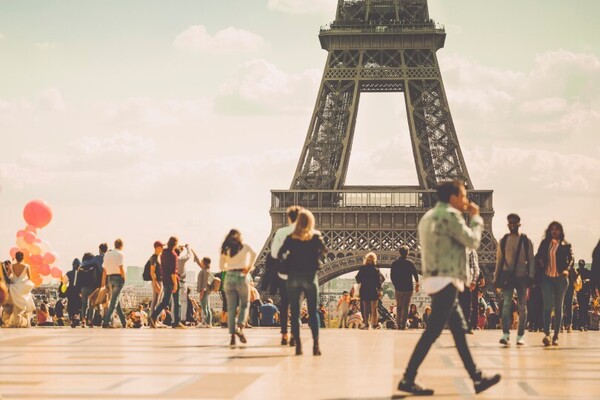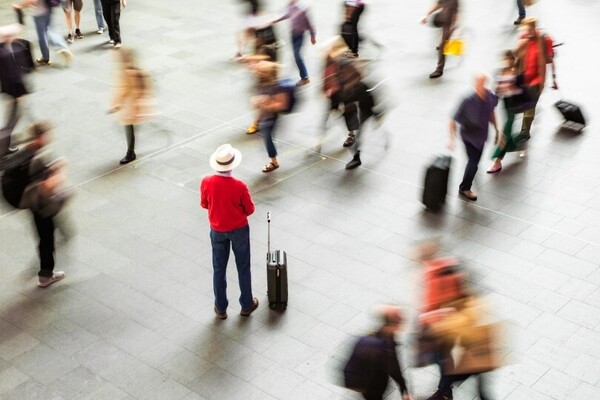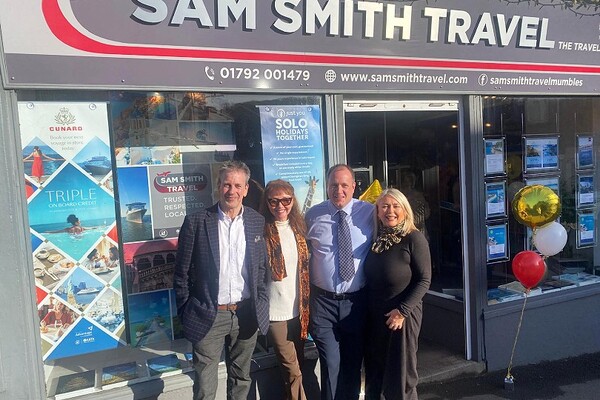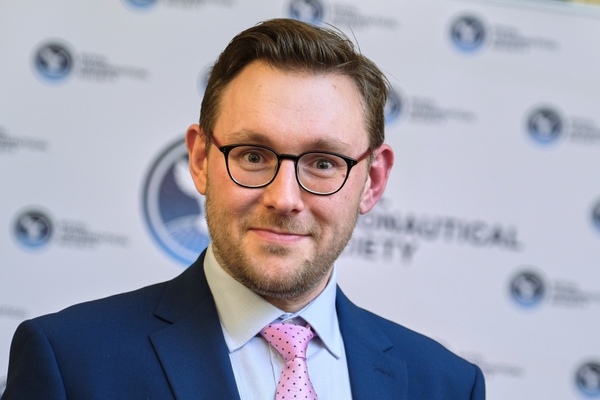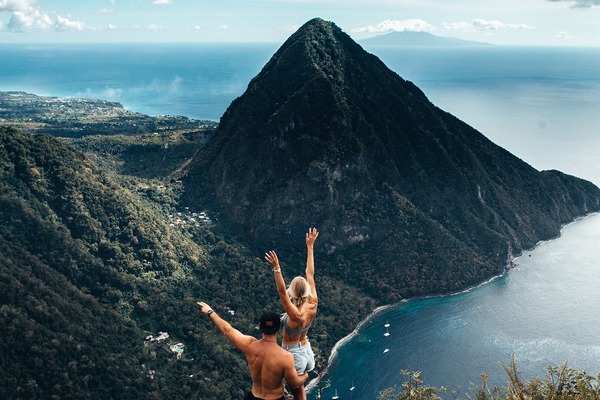‘No safe trips’: lone wolves and misinformation among new threats to travellers
 Ilaria Grasso Macola
Ilaria Grasso MacolaAgents have been warned their clients face an increasingly broad range of risks when they travel stemming from factors such as climate insecurity and geopolitical tensions, as well as so-called "lone wolf" terror attacks.
Extreme weather, new wars and conflicts, and fresh terror threats were among the risks flagged with delegates at a risk management masterclass on Wednesday (18 September), organised by Lata partner The Trip Group – Travel Risk and Incident Prevention.
Another was the use of social media by malign actors to spread disinformation, which serves as a catalyst to exacerbate social and political tensions. “There are no longer safe trips,” said Graeme Dean, co-founder and chief executive of specialist insurance broker Hotspot Cover.
According to Hotspot, which specialises in providing insurance for travellers heading to the world’s most remote and dangerous locations, global risk dynamics are changing “at pace”.
“It’s not just conflicts or disruptions that are causing issues [for travellers],” said Hotspot chief operating officer George Dagnall. “It’s the likes of climate change.”
Climate insecurity and ‘lone wolf’ attacks
The duo’s comments are set against a backdrop of extreme – and contrasting – weather conditions unfolding in Europe this week.
More than 20 people are now known to have died, and thousands more have been displaced, following severe flooding in central and eastern Europe owing to Storm Boris, while at the same time, Portugal’s prime minister Luis Montenegro has declared a "state of calamity" due to wildfires sweeping across northern and central areas of the country.
It follows Typhoon Yagi, which hit Vietnam earlier this month, and Hurricane Beryl in the Caribbean, and wildfires in Greece, Turkey and Canada’s Jasper National Park earlier this year.
“I only found out recently that insurance covering natural disasters might not cover forest fires,” Dagnall added.
Dean and Dagnall also highlighted the risks relating to new, more unconventional forms of terrorism, as well as the role of social media in amplifying misinformation.
"The likelihood of large-scale organised terrorist attacks is declining, but lone wolf attacks are becoming more prevalent,” Dagnall continued. “Another factor is the rise of social media amplifying conflict and misinformation.”
He said the speed at which disinformation and viral content can spread now has the power to "inform and incite unrest globally", pointing to the ongoing conflict in the Middle East as an example.
Personal responsibility
Freelance security advisor Tess Wilson told delegates that beside encouraging clients and travellers to take out the most comprehensive insurance possible, it was vital travellers know they must take a significant degree of personal responsibility for their own safety.
Wilson said people needed to develop “a real curiosity” about their destination and research it thoroughly before travelling, taking into consideration where it is they’re going, its local culture and customers, and what aspects of their personality, lifestyle and beliefs – such as their gender, age, race and sexual orientation – could put them in a vulnerable position.
"We need to consider the impact we make on the world and the place we travel to," said Wilson. "Do we stand out? How easily can we drop into the baseline of the area we’re going to?”
Other precautions include having local currency to hand, planning onward travel from the airport in advance, and frequently checking in with loved ones.
Wilson said people should observe a constant state of “relaxed alertness” while abroad, allowing them to act if a situation turned dangerous.
"Just by going through a basic list of ‘what ifs’ you start to answer those questions, your preparation and planning starts to grow, and this also allows you to get a good night’s sleep,” she added.
Lata offers its members two complimentary tickets to all Trip Group events.
Sign up for weekday travel news and analysis straight to your inbox

Ilaria Grasso Macola
Supplier Directory
Find contacts for 260+ travel suppliers. Type name, company or destination.
